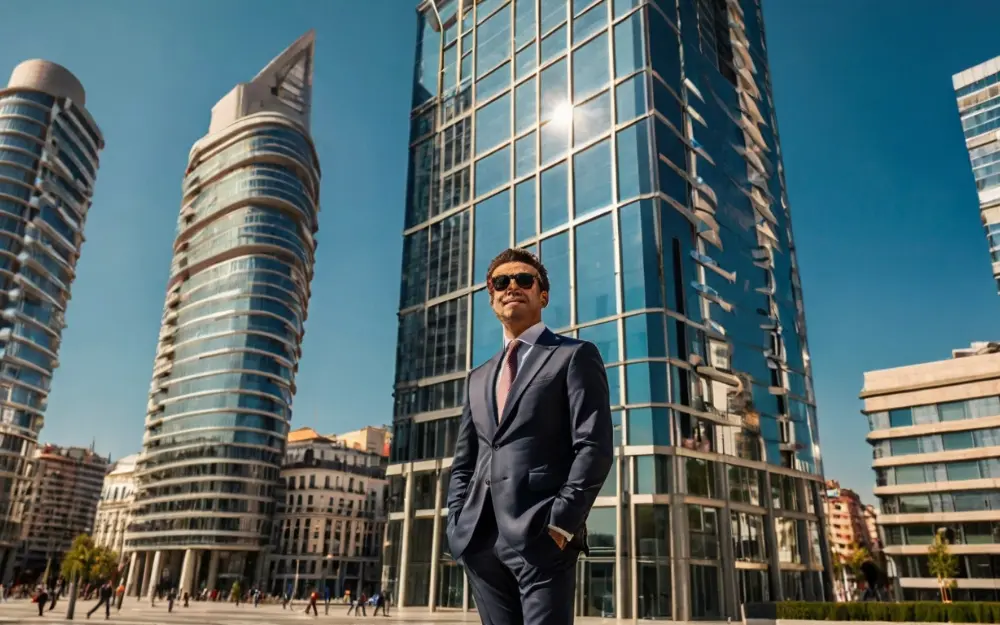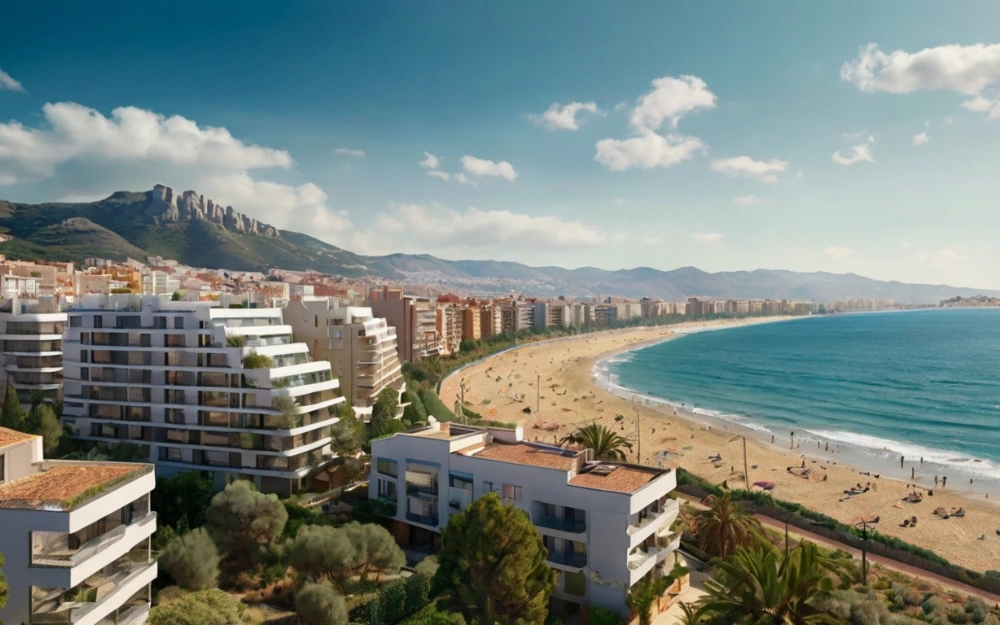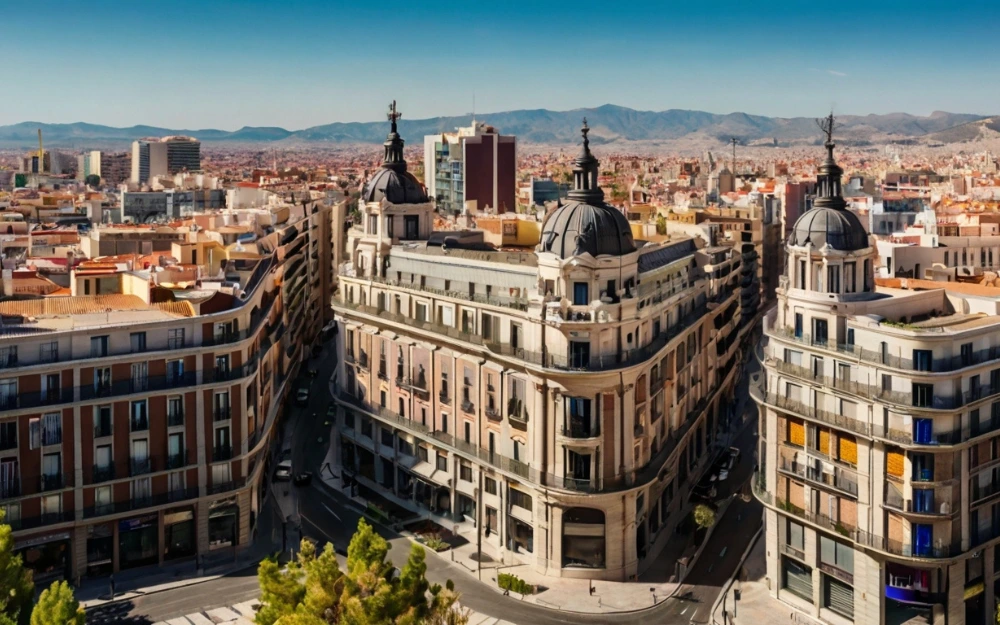This Tuesday marks the presentation of Mbappé, the new Real Madrid player, who arrives with a windfall, already known as the Mbappé Law. For weeks now, The Golden Partners has seen a tripling in inquiries about the Madrid Mbappé Law from major foreign and Spanish investors wishing to learn about the tax benefits of the new regulation created by the Madrid president, Isabel Díaz Ayuso.
In this post, as we have already reported in the press, we explain what the new Mbappé Law consists of, its tax advantages, who it applies to, its differences from the Beckham Law, the tax benefits of each, its application also to Spaniards, and its alternative for real estate investments.

What is the Mbappé Law
The Mbappé Law is a deduction in the regional quota of the Personal Income Tax (from Spanish, ‘IRPF’) of 20% of the contribution made in bonds, debentures, treasury bills, shares of listed and unlisted companies, or contributions in limited companies, among other types of investments, provided they are not real estate in nature. It has received this name due to the signing of the new Real Madrid player, who will benefit from it.
Requirements for the Mbappé Law
To be eligible for this beneficial deduction in the regional quota of the Madrid’s Personal Income Tax, more commonly known as the Mbappé Law, according to the draft bill, the investor must meet the following requirements:
Not having lived in Spain for the past five years
The investor must not have lived in Spain during the past five years, that is, they must not have had their tax residence in Spanish territory during the last five fiscal years.
Maintain tax residence in Madrid for 6 years
Likewise, the investor must maintain their tax residence in Madrid and the capital of their investment for a minimum period of 6 years. For example, in the case of the French footballer Kylian Mbappé, he must be a tax resident in the Community of Madrid region until the year 2030.
The investment entity cannot be located in a tax haven
The Spanish legislation says that the investment must be in an entity that has not been constituted or domiciled at any time in a tax haven.
For these purposes, Spain considers a restricted list of tax havens, which was recently updated (you can consult it at this link). Recently, there has been some doubt as to whether the investment must be in the Community of Madrid: No, it can be in any part of the national territory as informed by the regional Executive a few days ago, in order to comply with the Maastricht Treaty that governs the European Union, that is, the free movement of capital and payments.
Limitations on investment participation
The direct or indirect participation of the new taxpayer in the Community of Madrid cannot be of a real estate nature or exceed 40% of the capital or voting rights, taking this percentage into account jointly with the participation of the spouse or any person related to the investor, in a direct or collateral line, by blood or affinity, up to and including the second degree. Additionally, the investor may not perform executive or management functions, nor maintain an employment relationship.

Differences between the Mbappé Law and the Beckham Law
Many foreign investors are aware of the expatriate tax regime (better known as the Beckham Law after the former Real Madrid player, David Beckham), but not of the benefits of the Mbappé Law. Therefore, it is necessary to explain the differences between these two tax regulations:
Beneficiaries: top executives versus investors
The Beckham Law, in effect for over 20 years and having undergone numerous modifications, is aimed at employees relocated to Spain, particularly high-level executives with substantial salaries. In contrast, the Mbappé Law is designed for large investors who move their tax residence to Madrid, from where they must make an investment that they need to maintain for 6 years, including the last fiscal year of residence in Madrid.
Special Personal Income Tax model versus a regional deduction
Both tax benefits have technical differences in terms of their submission to the Spanish Tax Agency. While the Beckham Law is applied for using a special form (Form 149) and is reported using another special form for IRPF (Form 151), the Mbappé Law, which is essentially the application of a deduction in the regional portion of the IRPF, is reflected in the standard income tax return form (Form 100), the same one filed by other Spaniards or foreigners with tax residence in Spain.
Application across the entire national territory versus only in Madrid
While the Beckham Law is intended for foreigners who transfer their tax residence to any part of Spain (the mainland, Balearic Islands, Canary Islands, or the autonomous cities of Ceuta and Melilla), the Mbappé Law is only for those who transfer their tax residence to a city within the Community of Madrid, including the capital of Spain.
Different application requirements
While both laws require the interested party coming to Spain not to have had their tax residence in Spanish territory during the last 5 years, the Beckham Law does not establish a minimum number of years one must stay in Spain to benefit from the special tax regime, although the maximum is 6 years (the year it is granted and the following 5 years). In the case of the Mbappé Law, it is mandatory to maintain tax residence in Madrid for a minimum period of 6 years. Additionally, the Beckham Law is designed for high-level executives, while the Mbappé Law is aimed at investors.
Different tax benefits
The Beckham Law allows taxation in Spain only on income from Spanish sources (with the exception of salary, which is considered worldwide) and at a tax rate of 24% up to 600,000 euros, with the remainder taxed at the marginal tax rate of 47%. This allows for significant tax savings both on employment income (24% on the first 600,000 euros) and on other income earned in Spain during the relocation (i.e.,, interest from bank accounts or income generated from properties in Spain).
On the other hand, the Mbappé Law allows only a 20% tax deduction on the contribution made in obligations, bonds, treasury bills, shares of listed and unlisted companies, or contributions to limited liability companies. This means a 20% deduction on such an investment within the Income Tax return, provided that the investment is not in real estate.
Mbappé Law also for residents in Madrid who invest outside the region or Spain
Many Spanish and foreign investors wonder if the Mbappé Law could apply to them if, upon establishing their tax residence in Madrid, they decide to make investments outside the Community of Madrid, that is, in another part of the national territory, or even outside of Spain.
In this regard, it is important to highlight that the Mbappé Law does not stipulate that investments must be made in Madrid-based companies. It is sufficient for the entities not to be located in tax havens, meaning investments can be in companies throughout the entire Spanish national territory or even outside of Spain, as long as they are not in tax havens. Other limitations, as previously mentioned in this post, are that the investments cannot be in real estate and that one cannot hold more than 40% of the company, directly or indirectly.
Alternative to the Mbappé Law for Real Estate Investment: Golden Visa
Many investors ask The Golden Partners about the existence of tax benefits when investing in Real Estate in Madrid. For this type of investment, the Mbappé Law does not apply, but rather the so-called Golden Visa, also known as the Golden Visa.
With a minimum net investment of 500,000 euros in properties located in Spain such as apartments, commercial spaces, or land, intended for either personal residence or for rental or other income-generating purposes, one can obtain the legal right to work and reside in Spain. Furthermore, if the investor is an employee relocated to Spain, they may be eligible for the special expatriate tax regime, referred to as the Beckham Law.
Consult an expert lawyer in immigration and taxation
At Golden Partners, we recommend consulting expert lawyers in immigration and taxation for the purchase of properties in Spain, whether you are a foreigner or a Spaniard.
From our law firm, we can assist you with any questions you may have to make the best decision for your assets in compliance with Spanish and European legislation.
We are at your full disposal through our contact form.
We can assist you in Spanish, English, and French.






